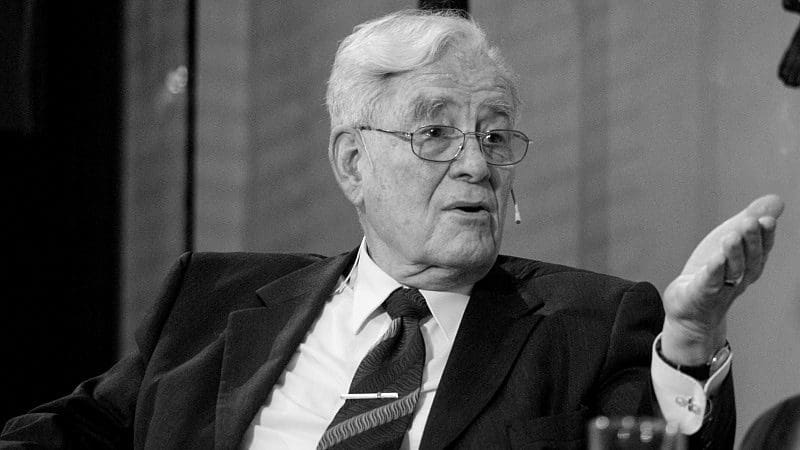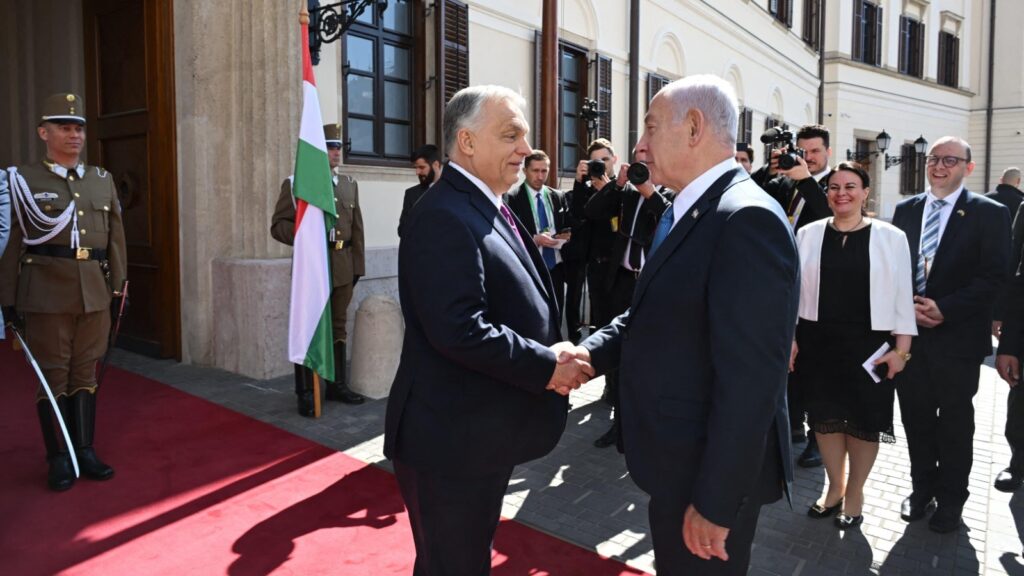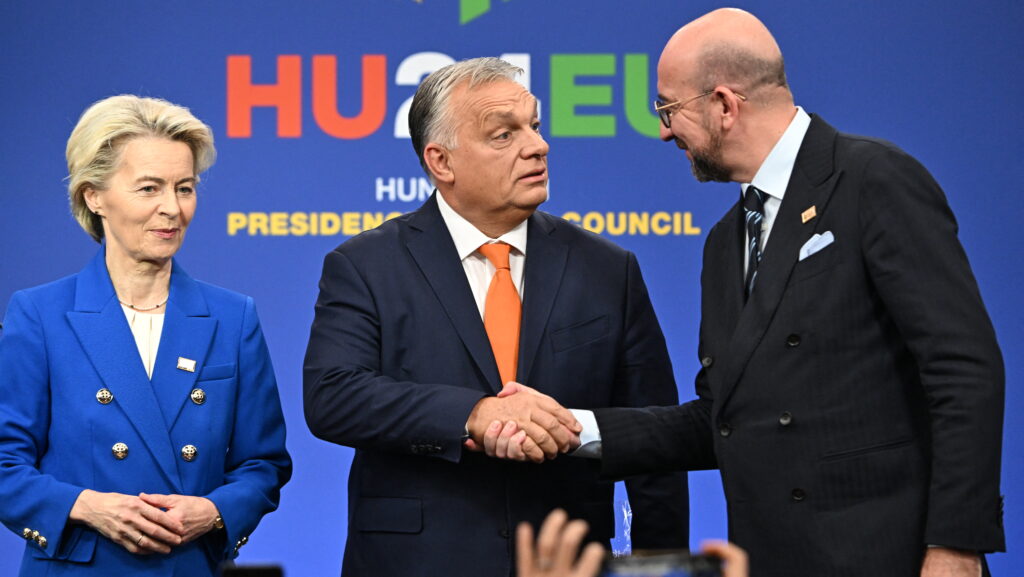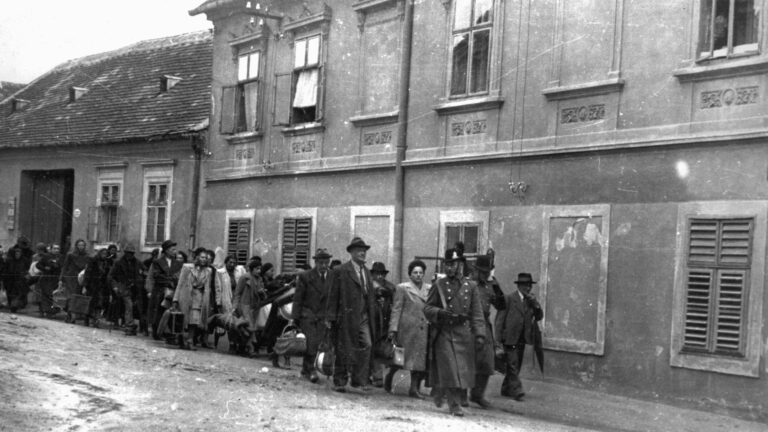Published as part of the Oxford Constitutional Theory series, the long-awaited second volume of the selected writings of Ernst-Wolfgang Böckenförde came out at the end of 2020, under the title Religion, Law and Democracy.[1] It was preceded by Constitutional and Political Theory, published by Oxford University Press in the winter of 2016, when Böckenförde was still among us. Unfortunately, the author did not live to see the publication of the second volume, but thanks to the selfless efforts of the editors, Mirjam Künkler and Tine Stein, as well as its translator, Thomas Dunlap, the majority of the works produced by the former judge on Germany’s Federal Constitutional Court are now available also in English.
The volume is split into five sections, comprising fifteen studies penned by Böckenförde and, similarly to the first volume, it concludes with an extensive excerpt from the five-hundred-page interview conducted with the author by Dieter Gosewinkel in 2011. A great merit of the book is that each section is introduced by comprehensive studies to help readers interpret Böckenförde’s work in context. The four studies authored by the editors have contributed to a renewed interest in Böckenförde’s work in the English-speaking world, presenting, among other topics, analyses of his relationship with the Catholic Church and the secular state, as well as his approach to theology and political theory, and summarizing his thoughts on the right to life.
But who was Ernst-Wolfgang Böckenförde and what makes him so significant? Let me to answer that question by noting three of Böckenförde’s own texts included in this volume. Although each piece in the book has its own special significance within Böckenförde’s oeuvre, I will not attempt to cover all of them; three hand-picked examples should suffice for the purposes of this short review.
Böckenförde was born in 1930, and passed away at the age of 89, in 2019. He served as a judge on Germany’s Federal Constitutional Court between 1983 and 1996. He obtained two doctoral degrees: one in law in 1956, and another in history in 1960. As a student of Joachim Ritter, professor of philosophy at the University of Münster, he played a significant role in shaping twentieth-century German political theory. He was one of the authors in that field who, after the war, undertook the task of rehabilitating and repopularizing the works of Carl Schmitt, his close friend and a towering figure in legal science.
The first study I should mention is ‘German Catholicism in 1933: A Critical Examination’, first published in 1961 in Hochland, the prestigious German Catholic journal. This text demonstrates that before becoming a judge on the constitutional court Böckenförde had proved himself as a historian with a wide perspective, examining the role of the Catholic Church in Nazi Germany.
Böckenförde’s sharp criticism triggered scorn and indignation in the church at the time
As a result, a committee of historians was set up a year later to examine Böckenförde’s claims, and it confirmed most of them. The Hungarian aspect of this study is of interest too. The daily Magyar Nemzet (Hungarian Nation) reported on it in the year of its publication, despite the fact that it had appeared in a Catholic periodical in the West. György Perregi reviewed it in his article under the title ‘“We Are Ready to Serve”—Disclosures of a German Catholic Journal Regarding Clerical Reaction’, claiming, gloatingly, that it had had ‘a rather unpleasant effect on the clerical militarist circles currently in power in West Germany’ (Magyar Nemzet, 17 May 1961). This was how Böckenförde, a practising Catholic himself, whose brother, Werner Böckenförde, was a Catholic priest also serving as secretary to Joseph Ratzinger (later Pope Benedict XVI), was degradingly termed an anti-clerical propagandist in Kádár’s Hungary.
The second study I should highlight here is ‘The Rise of the State as a Process of Secularization’, a lecture delivered in 1964 and including the proposition which was to become widely known as the Böckenförde paradox: ‘The liberal, secularized state is sustained by conditions it cannot itself guarantee.’[2] As suggested by its title, the text presents a historical overview of the process which took place between the Investiture Controversy and the French Revolution, and which resulted in the establishment of the modern state through the gradual separation of church and state. Concluding this ambitious historical overview, Böckenförde raises his question concerning the foundations of the state, and answers it with a paradox. Interestingly, some authors such as Florian Meinel, a professor at the University of Göttingen, argue that the Böckenförde paradox is not very revolutionary, but rather fits the approach taken towards the theory of state in the intellectual milieu where the lecture was first delivered.[3]
Finally, with reference to Böckenförde’s close relationship with Carl Schmitt, I should also call attention to the piece entitled ‘Political Theory and Political Theology: Comment on Their Reciprocal Relationship’. In it, Böckenförde presents the different interpretations of the concept of political theology which had evolved by the 1980s. This was necessary, as for example Johann Baptist Metz—a Catholic priest—also referred to his own work as political theology, in the same way as Carl Schmitt did. Schmitt had had a decisive role at the beginning of the twentieth century in popularizing the concept, even though Metz himself defined his own political theology in opposition to Schmitt’s classical approach. Böckenförde realized that ‘in the contemporary discussion the term “political theology” is not used in a standard way, but with a meaning that varies substantively and systematically’.[4] He calls Schmitt’s classical definition ‘legal political theology’ where the theological analogies of legal concepts are pointed out. The study of the political aspects of various theological concepts is defined by him as ‘institutional political theology’, for instance in the writings of Saint Augustine of Hippo. He calls a third version ‘appellative political theology’ where the Christian revelation is interpreted in social and political dimensions. He also places Metz’s approach under this heading.
I believe that this short presentation of three selected studies provides an adequate snapshot of Böckenförde’s multifaceted thinking. In addition to serving on the constitutional court, he was also an intellectual in the classical sense, elevated by his works to a position among those thinkers with a European perspective. The recently published second volume of his writings, just like the first volume, allows the reader to gain a deeper understanding of Böckenförde’s work, which spanned several decades.
Translated by Balázs Sümegi
[1] Edited by Mirjam Künkler and Tine Stein (Oxford University Press, 2020).
[2] Künkler and Stein, eds, 167.
[3] Florian Meinel, ‘Die Heidelberger Secession. Ernst Forsthoff und die “Ebracher Ferienseminare”.’ Zeitschrift für Ideengeschichte, Vol. 5, 2011/2, 89–108.
[4] Künkler and Stein, eds, 251.








